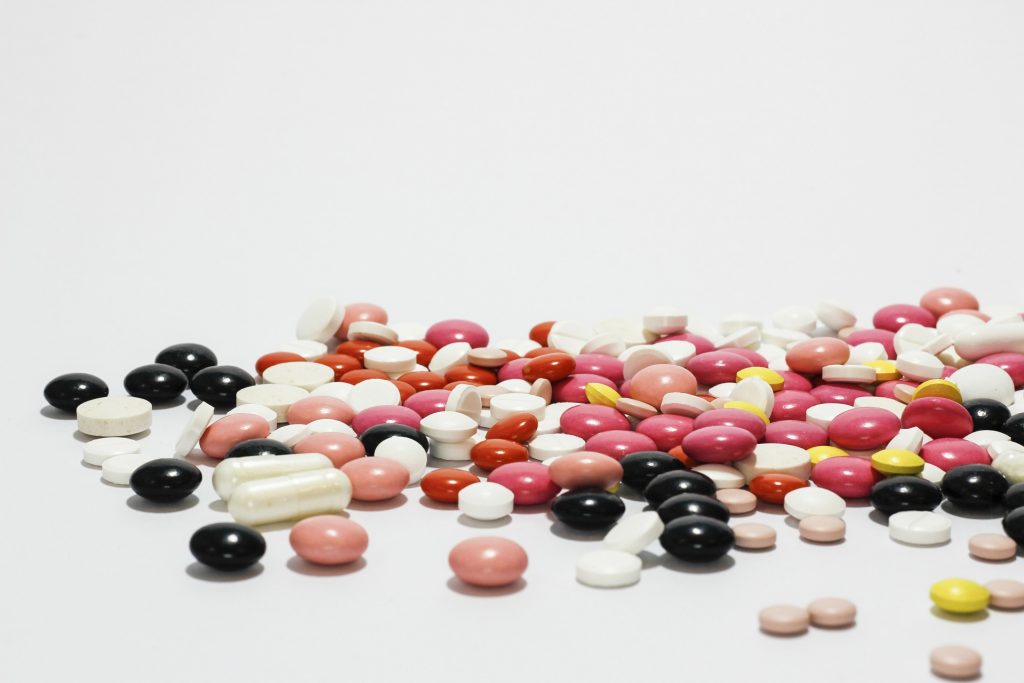Supplements that claim to make you better, faster, and stronger can be very appealing, but be wary when considering athletic supplements. Most are not effective. A few may have some evidence that they work, but it is only very slight improvements. See the table below for information on some popular supplements.

| Supplement | Claim to fame | Fact or fiction? |
|
Antioxidants (C, E, CoQ10) | Reduce inflammation and soreness | Studies show they can actually hinder performance. May be because oxidation is an important part of exercise training. (Caution: high doses of vit E can be harmful.) |
| Beta-Alanine | Improve performance, build muscle mass | Studies show conflicting results. Some studies show a slight improvement in brief, high-intensity effort. |
| Branched-Chain Amino Acids (BCAA) | Reduce fatigue, increase muscle growth, enhance performance. | Not enough evidence, study results are conflicting. |
| Caffeine | Decrease soreness, enhance performance. | Study results are conflicting, but some studies show it can reduce subjective feelings of exertion and fatigue. (Caution: high doses and long-term intake can lead to severe side effects.) |
| L-carnitine | Increase fat burn | Not enough evidence. Studies are small and of short duration, with conflicting results. |
| Citrulline | Increase oxygen and nutrient delivery to muscle. | Not enough evidence. One study showed worse performance. |
| Creatine | Increase strength and performance. | Some studies show it may increase strength and endurance with exercise. |
| Chromium Picolinate | Increase weight loss, improve body composition. | Studies show it does not improve weight loss, body composition, or strength. |
| Medium-Chain Triglycerides (MCT) | Improve performance, decrease body fat. | Not proven to improve endurance or to decrease body fat. |
| Pyruvate | Improve endurance, decrease body fat for weight loss. | Majority of evidence shows that it does not improve athletic performance. Not enough evidence for weight loss. |
Did You Know…
Manufacturers are not required to prove that a supplement is safe, or that it does what it claims to do, before putting it on the shelf.
Be skeptical if a product claims that it is a quick and easy solution, that it works for everyone, or that it has a “secret formula.” Do your research and consult a registered sports dietitian.
Remember, good nutrition and proper training are the most important steps to improving athletic performance!
For More Information:
Academy of Nutrition and Dietetics: www.eatright.org
National Institutes of Health Office of Dietary Supplements: https://ods.od.nih.gov


